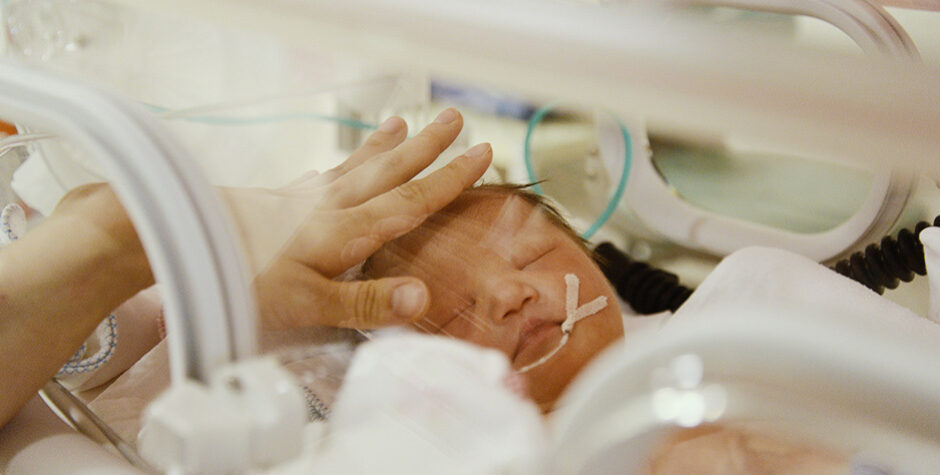ACLJ Urges Supreme Court To Take Eugenic Abortion Case – Babies With Down Syndrome Do NOT Deserve To Die
Arkansas has a law that makes it a crime to do an abortion for an invidiously discriminatory reason, namely, because the child in the womb has Down syndrome. At the request of abortion providers, lower federal courts declared the Arkansas law unconstitutional, and the state has requested the U.S. Supreme Court to hear the case. The American Center for Law and Justice (ACLJ) has filed a friend-of-the-court brief supporting the state and urging the Supreme Court to review this abortion case, Rutledge v. Little Rock Family Planning Services.
The ACLJ previously supported a request for Supreme Court review in a different eugenic abortion case, that one from Indiana. (The Court declined to review that law.) As in that Indiana case, the ACLJ urges the high Court in the new Arkansas case to consider that bans on eugenic abortions further
the important state interest in protecting expectant parents from the pressure caused by overly gloomy prenatal diagnoses – diagnoses that all too often prove inaccurate (the baby turns out healthy or only mildly disabled) or excessively pessimistic (the parents deeply love the child regardless of any disability).
As the ACLJ brief notes:
Physicians face financial incentives to err on the side of doom and gloom. If they predict the worst, but things turn out well, everyone is relieved and there is no lawsuit. But if physicians don’t foretell adverse consequences, and such consequences materialize, the physicians may face legal liability for failure to warn. This is particularly true in the context of pregnancy, since some jurisdictions recognize “wrongful birth” suits predicated upon the parents’ having missed the chance to abort a child who is then born with disabilities. [Thus,] a physician worried about potential legal liability will be sure to note everything that might be wrong with the baby. . . . As a consequence, prenatal diagnoses will tend to skew toward pessimism and put pressure on parents to go the abortion route.
Moreover, a prenatal diagnosis of a disability, like other diagnoses, is not infallible. As we note:
[T]here are countless instances in which parents were told a child would be born with severe or fatal disabilities, when in fact the child turned out to be either perfectly healthy or had manageable, or even only minor, conditions. This has specifically happened regarding a false diagnosis of Down syndrome or related maladies.
In short, even aside from the compelling reasons for halting the injustice of abortion in general, there are separate, strong reasons for stopping eugenic abortions – those which target children deemed “imperfect.” As we argue:
The Constitution does not compel states to allow abortions done for perniciously discriminatory reasons. In particular, states may prevent physicians from doing abortions that target Down syndrome children with the message, “We’d rather you were dead than born alive.”
We recently told you about another court of appeals, the Sixth Circuit Court of Appeals, sitting en banc (the full court), which held that a similar law in Ohio was in fact constitutional. We also filed an amicus brief in that case, and the court there agreed with our arguments. This has created what is known as a circuit split, where two or more federal circuit courts rule in different ways on the same issue, and this makes it more likely for the Supreme Court to hear the case.
The Supreme Court currently has several pending petitions requesting review of abortion cases. Should the Court grant any of these, we will be sure to file again in defense of innocent human life.
